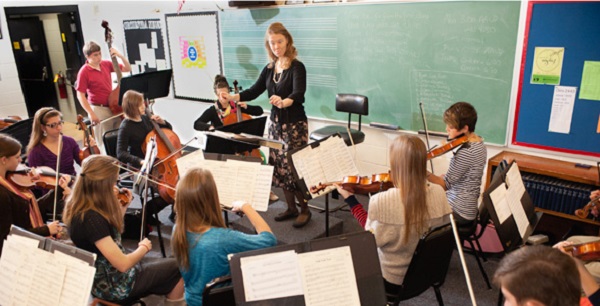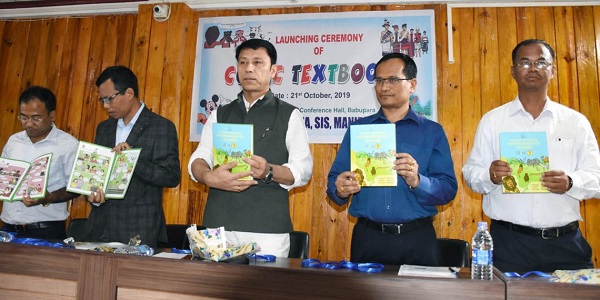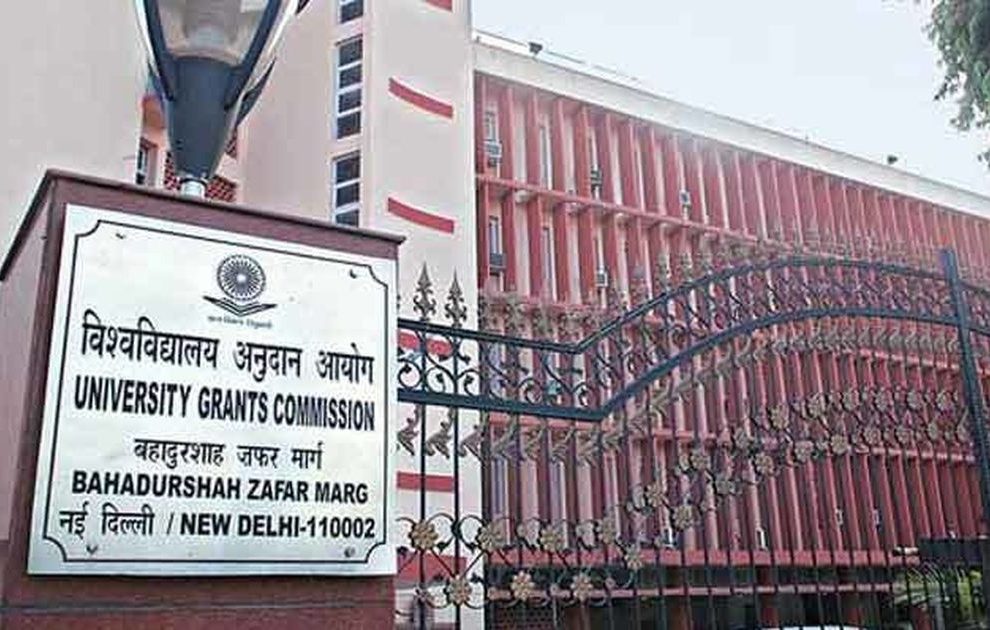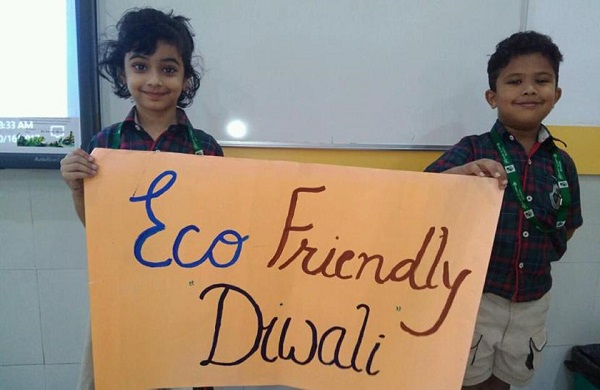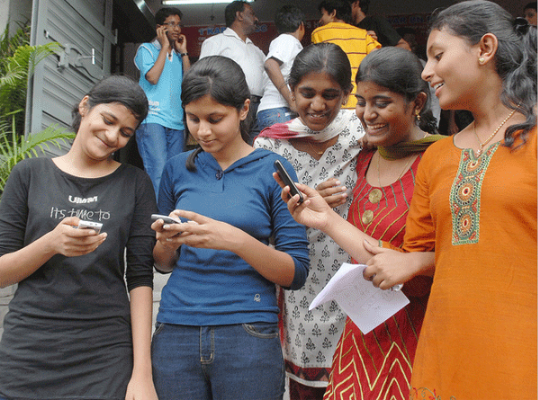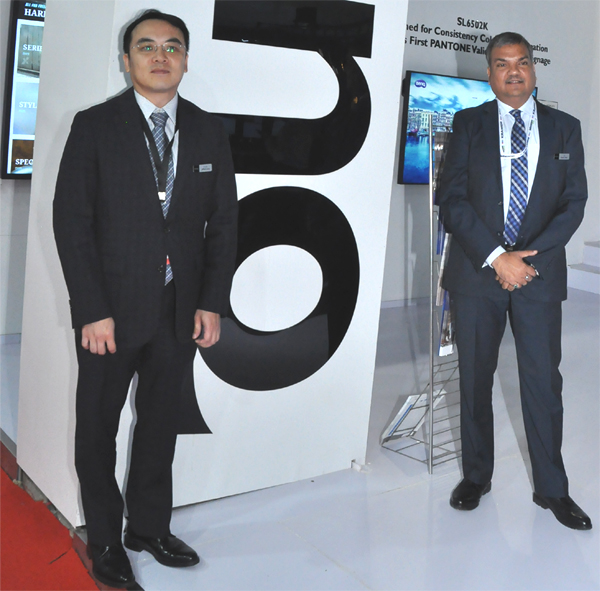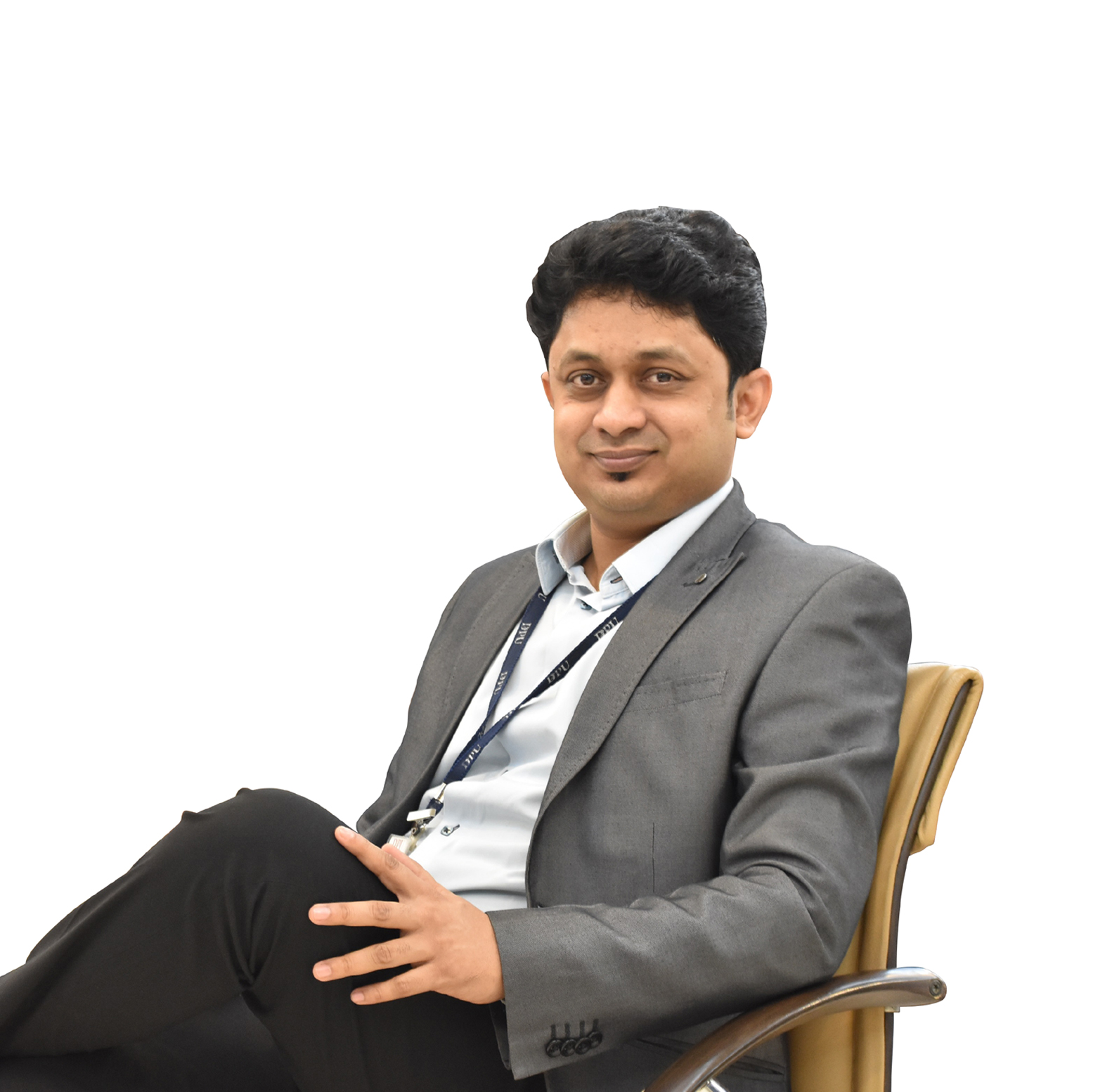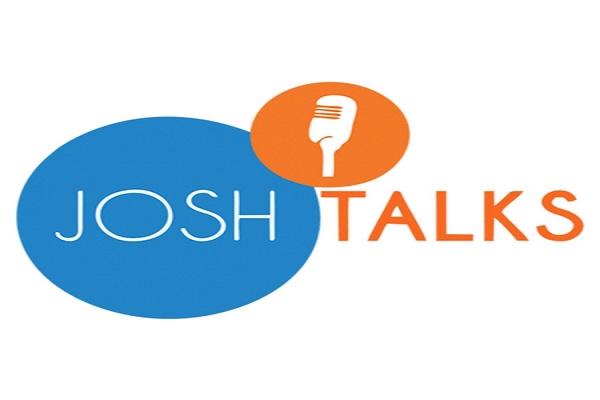The Government of India is all set to release the National Educational Policy (NEP) to address the changing dynamics of the population’s requirements with regards to quality education, innovation and research. The aim is to make India a knowledge superpower (Vishwa Guru) by equipping the students with the necessary skills and knowledge and to eliminate the shortage of manpower in science, technology, academics and industry.
A committee headed by Dr K. Kasturirangan submitted the Draft National Education Policy to the Union Human Resource Development Minister, Shri Ramesh Pokhriyal ‘Nishank’ and Minister of State for HRD, Shri Sanjay Shamrao Dhotre in May earlier this year.
For this, the MHRD had initiated an unprecedented collaborative, multi-stakeholder, multi-pronged, bottom-up people-centric, inclusive and participatory consultation process. Since the government has invited suggestions from the education fraternity for the National, Elets Technomedia, the premier technology and media research organisation of Asia and the Middle East, in association with digitalLEARNING Magazine, presented an open platform – World Education Summit— for the educationists to put forward their ideas, views and suggestions with regards to the Draft National Education Policy.
The 14th edition of World Education Summit – India’s Biggest Summit on Innovation in Education, witnessed the congregation of top educationists from India and across the world deliberating on latest technologies, innovative teaching-learning practices and figure out a variety of emerging opportunities in the education landscape at present and in future.
Here’s a comprehensive report on what the top educationists have to say about the ‘Draft National Education Policy’:
School Education
Raghav Podar, Chairman, Podar Education
The New Education Policy is a step in the right direction. There are a lot of well-intentioned, well-meaning clauses and thoughtful additions in the school education. Though there are some drawbacks and there are certain things that need to be reconsidered in terms especially at who the NEP is targeted at.
India is such a diverse country; we have schools ranging from – socio-economic strata, demography, cultural differences, state-wide differences, language differences.
It is difficult for one Education Policy to cater to the needs of all. I would have appreciated if the members on New Education Policy had someone on board who’s actually inside a school day in day out, somebody who knows how things work on the ground; rather than very eminent personalities who don’t have the experience of running the schools.
Anirudh Gupta, CEO, DCM Group of Schools
The government needs to be very careful while drafting the new education policy and must ponder if we are over-regulating the private school segment or taking the progressive step towards making the players contribute their heart and soul in the making of new India.
There are some very interesting and important takeaways and thoughtful suggestions and policies which the government has formulated. However, there are certain aspects which, as a stakeholder, I believe will be counter productive in the long run.
The government needs to come up with a clear policy (whether they allow the schools to run for profit or not) and clear environment, as people are investing a lot of money in technology and innovative products at present. We need to have an environment where people are excited about doing quality work in education, energized to open new schools; thrilled to bring new technology.
Reekrit Serai, Managing Director, Satluj Group of Schools
Running a school nowadays is like running a jail, or even worse in some cases. It is very stressful in certain places and people in the management side would relate to it. Owing to the regulatory framework and, local bodies, most of our time goes in filling forms and taking NOC’s that our main motive ‘quality of education’ is not getting the desired education.
World Education Summit is a great platform to talk about the issues related o running of schools, but how do we get out of it? Do we form a common voice? Do we talk about these things here and then forget about it? Do we want to be regulated to a certain extent or do we want less regulation or do we want more even? We need to come to a point of consensus and we should leave this venue with some sort of action planning in mind.
Roshan Gandhi, Director of Strategy, City Montessori School
The New Education Policy (NEP) would have implications on all schools, including CMS. Though it has certain things which are stepping in the right direction and when it comes to the overall regulatory framework, it does make one big step in the right direction. Because, previously the government used to provide the education, fund the education and regulate the education; which means there was no real accountability in the system. Now it has separated those functions, which hopefully will lead to a new level of accountability.
The rest of the policy paints a great vision of what quality education can look like. But the question is how relevant it is going to be for the majority of schools on the ground level. One academic put it as – “Rearranging the deck chairs on the titanic” – which means the ship is already sinking but they are making changes on the surface level because, it fails to address and underline the structural issues, which are faced by the education sector, today. A good policy would be the one which opens a regulatory framework to help private schools flourish, and that’s a missed opportunity in the current NEP.
Kanak Gupta, Director, Seth MR Jaipuria Schools
With regards to the new education policy, I believe practitioners should have been involved in the committee who designed the framework. Besides, theoretically we talk about ‘one nation, one policy’ but is it practically possible to implement it in a country such as India, which changes in every 50-100 kilometres?
We need to come together as educationists in the true sense and exchange ideas, thoughts and processes. Every school has a unique character and working model, however, processes can be replicated across the segment.
Pritam Agarwal, Founder, Riverstone Group of Schools
Having 630 schools across India with 30,000 children, we have been facing a lot of hindrances with the policy frameworks. Different states in India are following different policies, which makes it difficult to function.
However, in the last 2-3 years, early childhood education has received due attention. Early Childhood Association (ECA) has got one of the world’s best curriculums designed by NCERT, which led us to follow that. But when we talk about a basic policy for early childhood education, it should be the same across India, no matter, if we talk about curriculum framework or safety framework.
NEP should focus on the quality of education and the basic rules & regulations but it should not make the functioning of preschools so hard that people refrain from investing time & money in the segment. Bangalore is the only city in the country to develop a model which has some set norms when it comes running and operations of preschools.
Dr S K Rathor, Chairman & Managing Director, Sanfort Group of Schools
In Delhi/NCR, we are facing a lot of problems with the regulatory framework. The departments are not in sync which is making the case even more difficult for us. Moreover, with the population explosion, there is no space left with the government to allot for the opening of new preschools.
In my opinion, the central government should intervene and direct all the state governments to frame policies regarding the opening of preschools, because it is the need of the hour. We all have nuclear families today, which make the presence of preschools even more important.
Talking about the K12 sector, it comes with another set of policy hindrances. We cannot increase the fees every year but the expenses are rising; plus there are certain obligations that we need to fulfil when it comes to giving admissions to children of eminent personalities.
We should collectively raise our voices so that it reaches to the Government of India and necessary actions.
Dr Chandrashekar DP, CEO – Jain Group of Institutions, JGI Schools
We all want a robust policy and something constructive that we are excited and happy to implement at ground level. But if we will not raise our voices when it is heard; we will never get what we want. Government is asking for suggestions regarding the new education policy but the no-participation from schools has forced them to extend the deadline. It has happened twice. 1.5 million Schools exist in India but only 68000 recommendations have reached to the drafting committee so far. We need to talk, participate and make our opinion count. The new education policy is very good in terms of futuristic thinking, adapting things from across the world but it’s only a general framework. It is like saying “choose any colour car as long as it is black”. Liberty should be given to schools to choose their board and make them participate in the process of progress.
K Dilip, Principal, CMCL School, Lumshnong, Meghalaya
There are certain aspects in the Draft New Education Policy which should be reconsidered. I have three observations, 1. Define the nomenclature for public and private: the definition given in the policy is very tricky as of now, 2. Clarity on language policy: the current NEP doesn’t specify the number of additional languages requisite for higher secondary and senior secondary. 3. Formalising of pre-primary: Children should be developed first and should learn naturally by playing and enjoying, the formal education must start after 5-6 years of age.
I congratulate all the educators, ministry and the government who have worked hard and dared to come up with the new education policy.
C V Singh, Principal, Rawal International School, Faridabad, Haryana
I am against the inclusion of parents, councillors, sarpanch, students and alumni etc in the School Management Committee (SMC), as suggested in the draft new education policy.
As it will hamper the smooth functioning of schools and make it a ground cover story 12 september 2019 [ dl.eletsonline.com ] The Largest Portal on Innovation in Education in Asia and the Middle East for political debate and not a temple of learning.
Secondly, I strongly recommend that there should be a separate school for Class Nursery to Class 2, considering their teaching-learning practices are different from the other classes. Plus it is not safe to keep a 3-year-old child with an 18-year-old grown up in today’s environment. Thirdly, I recommend the inclusion of vocational education in schools. It should be made mandatory especially for students who aren’t performing well in Class 10, allowing them to learn and earn.
Dr Haleema Sadia, Principal, Delhi Private School, Ajman, UAE
The new education policy has addressed some of the longawaited things in the field of education. One thing that our curriculum lacks is that it is academically centred. In the new education policy, cocurricular and extracurricular activities have been emphasized and most importantly, they will not be treated separately but as part of the overall development of a child. The second good thing is the focus on teacher training program.
The government aims to make every child literate and educated but my concern is for the students who are studying just for the sake of it and can’t even write their names. So there must be a provision to make sure that the students can learn minimum skills and not just boast with the degrees in hand.
Dr Pranavi Luthra, Principal, MRV International School, New Delhi
The education that we are imparting today has no relevance when it comes to individual development, social development, or national development. We are failing as a nation to develop human resource. If learning was happy and joyful, students would have been happily coming to schools and not committing suicide.
In this scenario, an absolute restructuring of education is required. The policies need to change and the consideration should be what outcome we are looking for and not what the Standard Operating Procedure (SOP) is.
The SOP is already their basis on which school functions; but we need to go in the roots and figure out that in which way an individual can be transformed into a useful and purposeful citizen.
Surbhi Arora, Saint Bachanpuri International School, Chandigarh
There is a big gap in our education system which is resulting in one student committing suicide every hour. As per the statistics, 75,000 students have committed suicide in the last few years, which is a staggering figure to ignore. Besides, we cannot ignore the fact that almost 2000 students have dropped out of IIT, the biggest institute of India, in the last two years.
When we talk about new education policy we are not talking about – how to bridge that gap, how to educate our students towards career and how to develop education in them. Until and unless students are made aware of the career choices available, how they will be able to make a choice. At present they only know about six subjects which are taught in the class, however, these six subjects cannot determine a person’s career and scope in life.
Higher Education
Dr Vikas Singh, Executive Director, ITS The Education Group
The New Education Policy was anticipated is going to be saffron in colour. But when the draft came out, all the apprehension was put to rest. It is a very forward-looking policy which is going to strengthen not only school education but higher education as well.
The first interesting thing about NEP that I noticed was -Dr Kasturirangan, the Chairman, saying that Ministry of Higher Education should be renamed as Ministry of Education, this way the focus would be primarily on education. As with ‘higher education’- the focus will deviate to training HRs.
Another interesting thing is that we are going to do away with the system of affiliations. And the focus will be on three kinds of institutions: teaching universities, research universities and degree awarding institutes.
Ajay Prakash Shrivastava, Chancellor, Maharishi University of Information, Technology, Lucknow, UP
There are certain things on which the new Education policy is lacking. Firstly, there is no specific provision to cater to the stress and pressure that student and teachers go through in their teaching career.
In our suggestions submitted on NEP: We have mentioned two things that we are emphasising on – 1. How to release the pressure of teachers and students: Being an institute with a spiritual background, we have included yoga in our curriculum. 2. Continuous Teacher Education: There should continuous teacher education field just like the medical field where doctors need to attend seminars, lectures and conferences. In the wake of new technologies and innovations coming up, there is an urgent need for a dedicated teacher education program that can help them upgrade their knowledge and enhance skill set.
Dr J Janet, Principal, Sri Krishna College of Engineering and Technology, Coimbatore, Tamil Nadu
With regards to reforms introduced for higher education in the New Education Policy, there are two welcome changes. One is – how we are preparing the students to have the right skill set to face the future with confidence; Second is- how adept are the faculty in giving the effective teaching-learning process to students and making them industry ready, which is a challenging issue as far as engineering education is concerned.
The components of NEP just highlighted in the draft that how we equip the teachers, how do we build the right skill sets to the students.
We at Krishna institute have gone away with chalk and talk method and have only smart classrooms. We are following the peer learning concept with My Google; quizzes, assignments and assessment are all done online. In short, it’s blended learning with the flipped classroom model. We encourage MOOCS, mandatory internships to make students understand the requirements of the industry.
H S Rawat, Group Head, HRIT, Ghaziabad, Uttar Pradesh
Any new policy which is introduced should be resultoriented, and the same goes for the New Education Policy. It should set some short term and long term goals to make sure where we are heading and where we want to reach.
With regards to education, we must follow the ASK model – first attitude/character building; then skill development and finally knowledge. Previously, it was KSA (Knowledge, Skill and Attitude) but nowadays the biggest problem is ‘attitude’.
Rahul Noel Ambati, Academic Director, Vidya Degree College, Palamuru University, Telangana
New Education Policy, at the beginning of higher education segment, mentions about ‘liberal arts’ which might present a solution to ease the stress & pressure being built inside the students. The Higher Education Institutions in India is majorly towards technical education, i.e., focusing on ‘STEM’ (Science, Technology, Engineering and Mathematics). And then we start pressuring our students to adapt to the learning style. The NEP talks about introducing humanity subjects (like psychology, practising yoga) that will provide some relief to the students.
With regards to overcoming the faculty problem in higher education, my suggestion is that we must invite experts from the industry in our institutions as teachers. It will not only ensure the availability of adequate faculty but also help students in understanding the industry perspective.
Amritha Basanth, Director, UKF College of Engineering & Technology, Kollam
The New Education Policy comprises of very idealistic points which if implemented in the right way can make India a knowledge superpower, within a decade. The draft NEP emphasizes on quality and real-time research, something which is lacking as of now. But, i f put into practice, India will undoubtedly stand ahead of other countries in this segment.
Besides, the introduction of liberal arts in professional education is going to bring a big change in the way students are pursuing it at present. Studying an interesting and hobby-based subject will definitely make them productive in regular academic subjects. NEP talks more about autonomy and categorisation of the institutes, but it should bring more clarity on how to fix the syllabus or curriculum of higher education, especially higher education.









